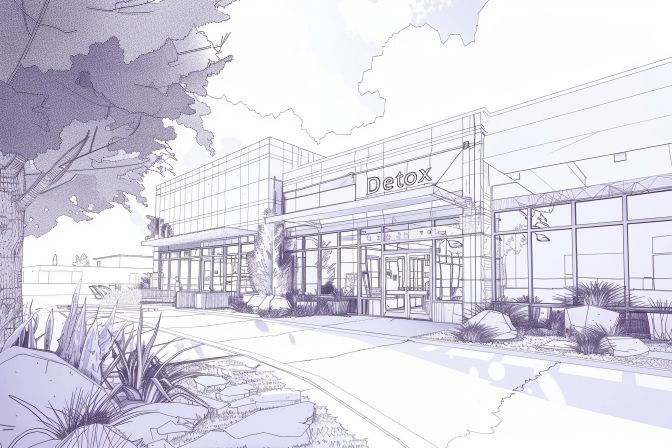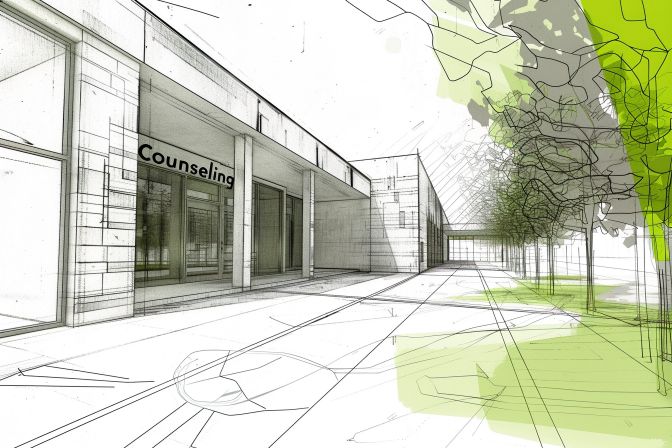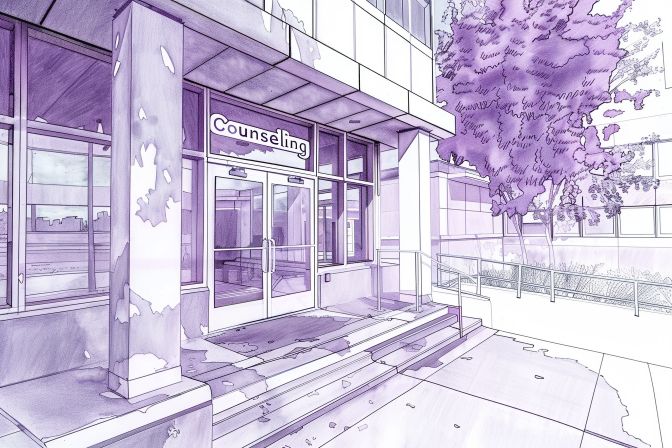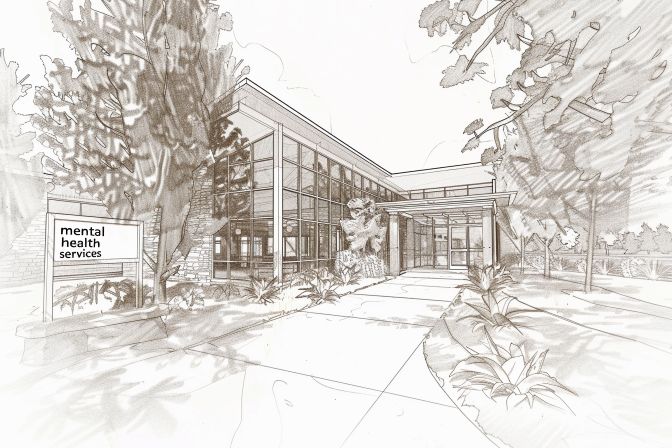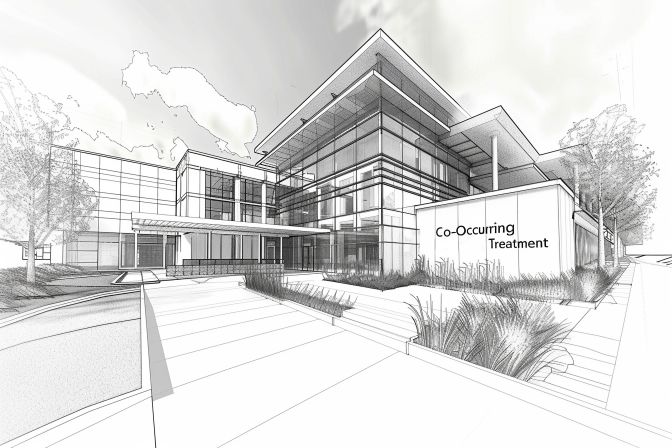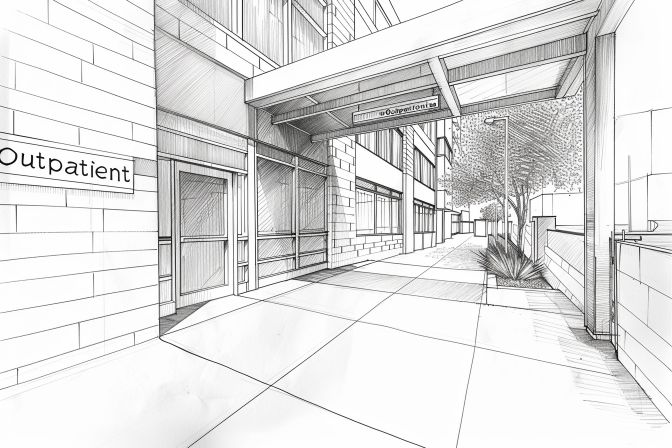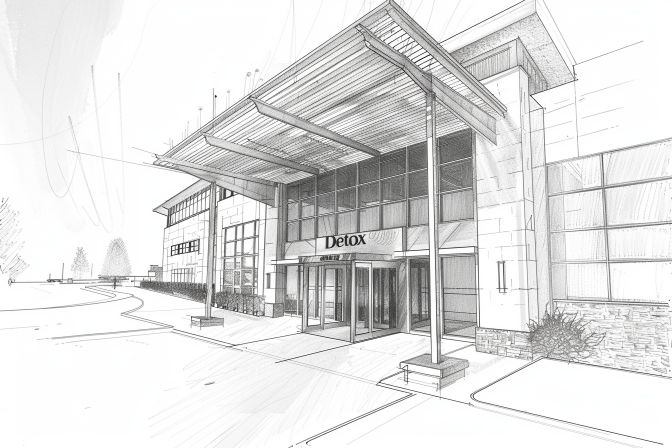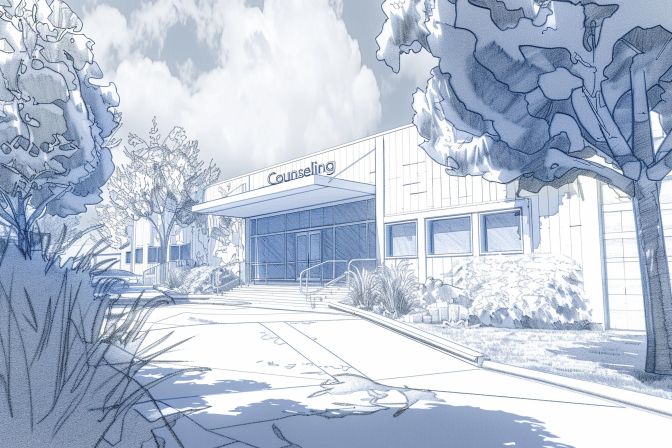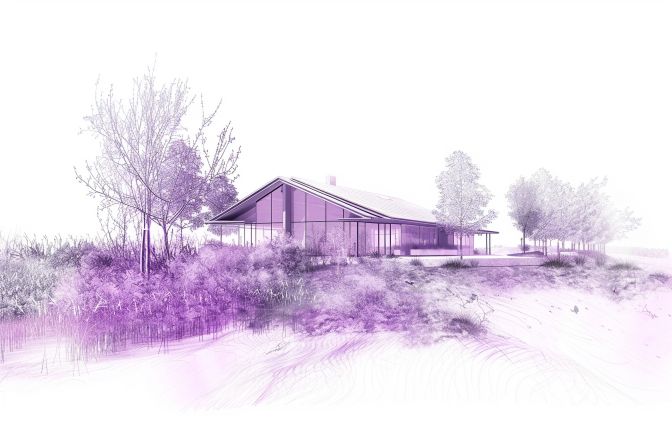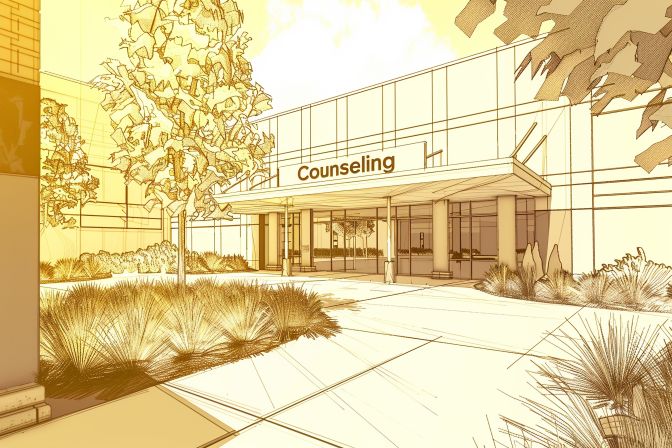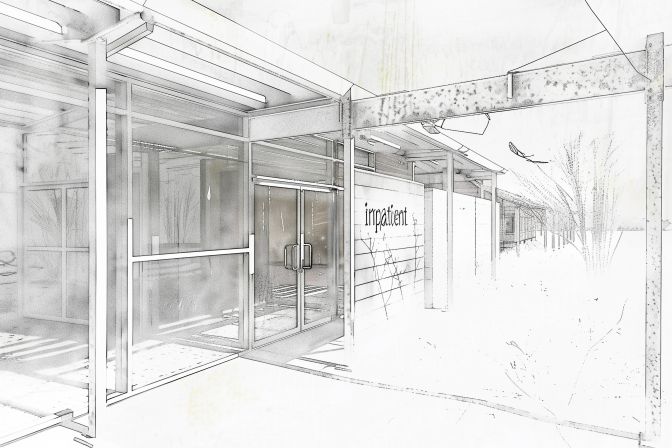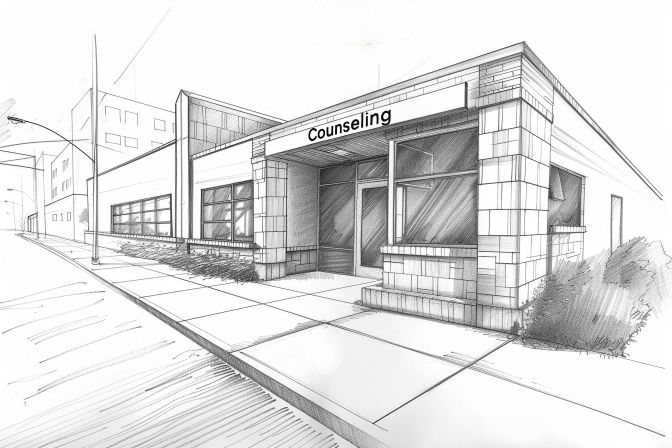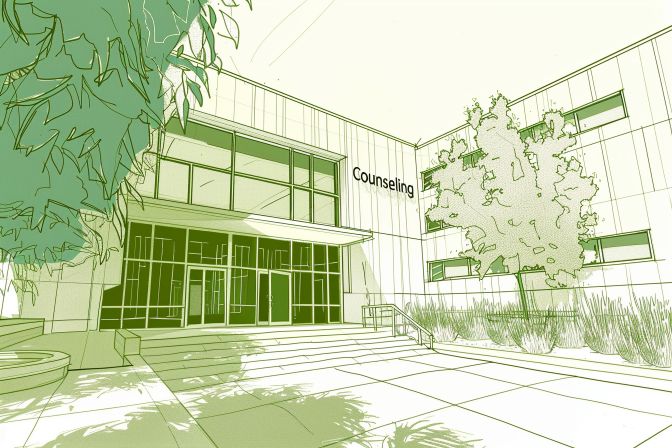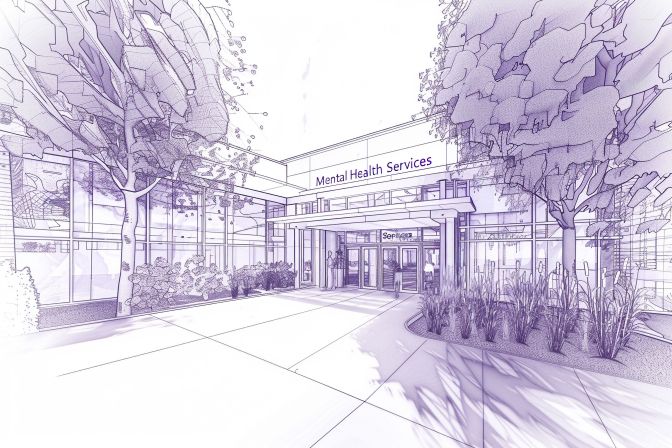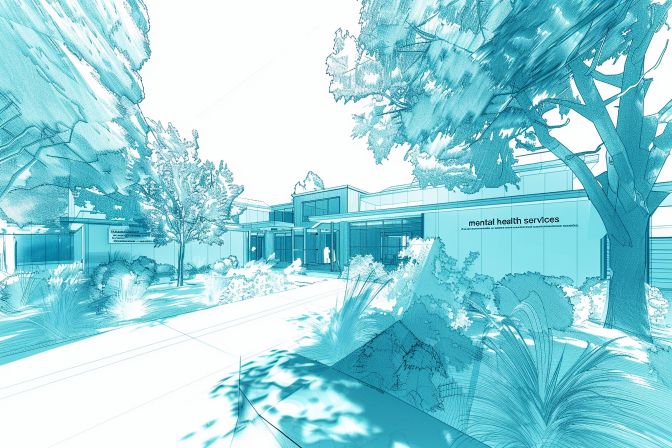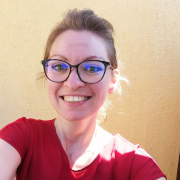Drug abuse in New York
New York has a population of 19,835,913 people. The most recent data from the 2021 National Survey on Drug Use and Health (NSDUH) found that 3,214,000 people over the age of 12 had abused illegal substances in the past month, around 16.20% of the population. 2,964,000 reported marijuana use in the past month and 3,988,000 in the past year. The report also found that 524,000 New York residents had abused cocaine in the past year, 176,000 had abused meth, and 761,000 had abused prescription pain medication. 212,000 people over the age of 18 reported using heroin in the last year. Those reporting opioid misuse including heroin, painkillers, and fentanyl in New York totaled 794,000 people.
Substance use disorders in New York
Approximately 17.53% of adults in New York reported using illicit drugs in the last month, a figure higher than the national 15.03% average in the United States.[1]
For people in the 12-17 age group, the reported drug use was 8.78%, whereas 8.14% of people 12-17 admitted to having a drug use disorder.[1]
Marijuana use
Marijuana is a commonly used substance in New York, with 21.96% of people over 18 reporting its use in the last month. In the 12-17 age group, the rate of marijuana use is 12.23%. This rate is also higher than the national average.[1]
Cocaine use
In New York, 2.54% of adults over 18 reported using cocaine, which is higher than the overall percentage in the United States. Luckily, this percentage is just 0.01% in the 12-17 age range.[1]
Heroin use
About 0.58% of the adult population in New York reported using heroin in the last 30 days, whereas the national average is 0.43%. 0.12% are in the 18-25 age range, and 0.65% are in the 26+ age range in New York. There isn’t any data for the 12-17 age group.[1]
Methamphetamine use
In 2021, 0.59% of New Yorkers reported using methamphetamine in the last 30 days. Just 0.18% of people 12 to 17 have reported meth use.[1]
Opioid misuse and disorder
Opioid misuse is reported by 3.79% of New York’s population, with 1.75% having an opioid use disorder in the 18+ age group. This figure is 0.91% in the 12-17 age range.[1]
Medical advisor LCSW, CCTP, CASAC
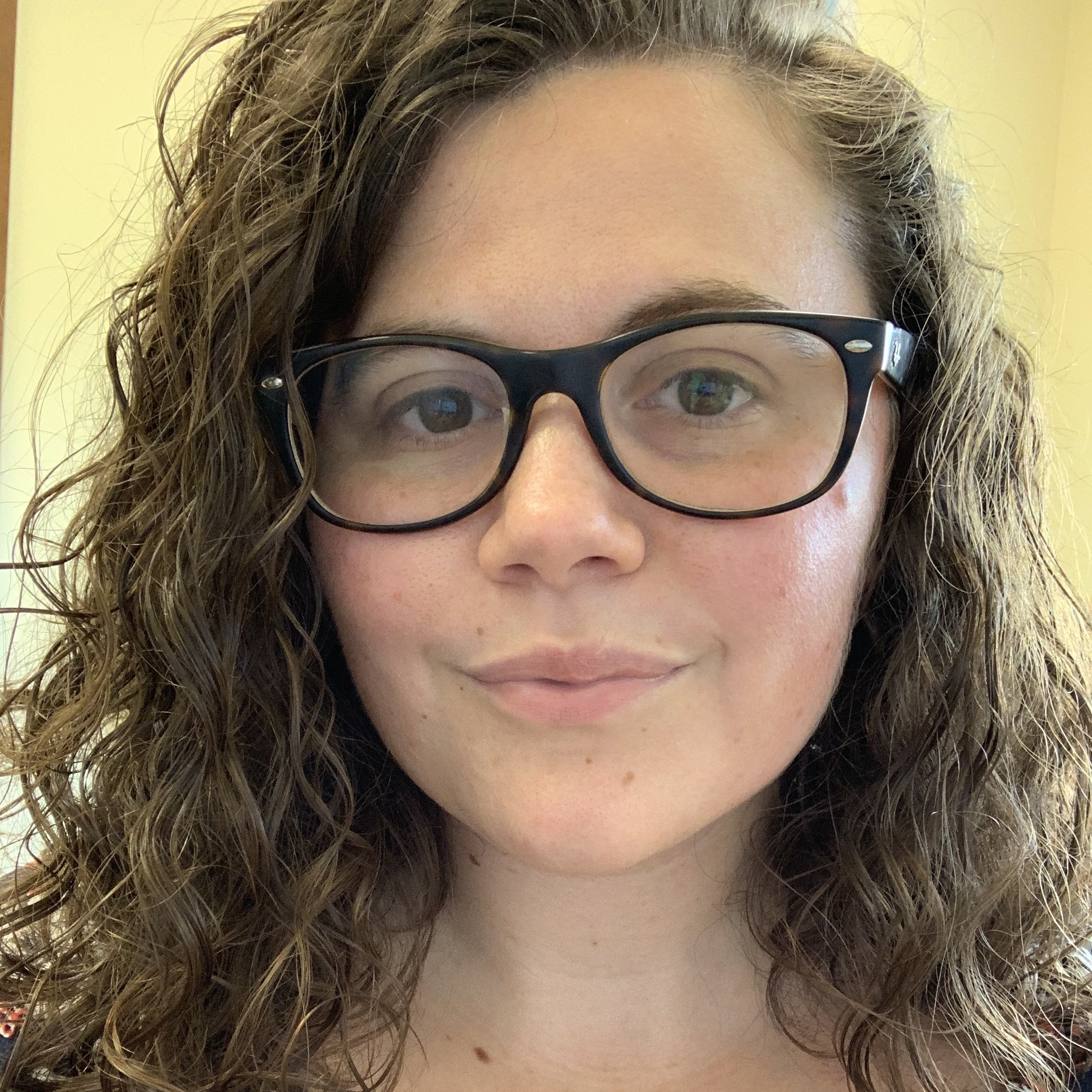
Drug use disorder
7.92% of adults in New York reported a drug use disorder in the last 30 days. [1]
The national averages are 6.78% in the 12-17 age group, 16.34% in the 18-25 range, and 7.62% in the 26+ group. The overall national average for adults is 8.77%.[1]
Alcohol abuse in New York
Alcohol misuse was also reported in New York with 8,473,000 people over the age of 12 saying they had used alcohol in the last month and 4,166,000 reporting binge drinking. The perceived risk of people over 12 years of age indulging in problematic alcohol use (5 or more drinks twice a week) in a month was 7,796,000 people.
Overdose deaths in New York
In 2021, New York saw a total of 5613 recorded drug-related overdose deaths. This includes those that were accidental or unidentifiable but excludes those that were related to suicide or homicide. This puts the overdose death toll in New York at 28.3 people per 100,000. The total number of alcohol related deaths (including overdose and all other causes) was 1901 or 9.6 per 100,000 people.
Addiction and treatment in New York
The NSDUH report also recorded the total amount of substance abuse disorders in New York and those who currently require treatment. The report found that 3,219,000 were recorded as having a substance use disorder (SUD) and 2,201,000 had an alcohol use disorder. 393,000 people were recorded as having an opioid use disorder including those with painkiller, heroin, and other opioid-based drug use disorders. There are also many who have been diagnosed with or reported a substance, illicit drug, or alcohol use disorder that require rehab treatment and are not receiving it. The report found that 1,354 people in New York needed treatment for illicit substance abuse, 2,117,000 required treatment for an alcohol use disorder, and 3,074,000 needed treatment for a diagnosed substance use disorder.
How do I pay for rehab New York?
The first question on many people's minds when trying to access rehab is the potential cost - this is a factor in all medical procedures, but due to the comprehensive treatment that rehab provides, it is an especially important consideration. In inpatient rehab, you are given accommodation, food, medication, and more - and the cost of this can quickly add up.
Paying for rehab is a flexible process with several options available. In some cases, you may not need to pay much at all. If you have health insurance, through a family or employer plan, you can pay for rehab this way.
Without insurance, you have other options. Medicare and Medicaid programs can partially or fully fund rehab treatment. You may need to pay a single deductible fee, and with this, you will have access to a full spectrum of addiction treatment.
How should I choose a rehab center in New York?
When choosing a rehab center in New York, consider the following factors:
- Accreditation and licensing: Look for accredited and licensed centers to ensure they respect current quality standards.
- Types of treatment: Ensure the facility offers bespoke treatment suitable for your specific substance use disorder, whether it's inpatient, outpatient, or specialized therapies.
- Customized treatment plans: Choose a center that offers individualized treatment plans, which are more effective than generalized treatment approaches. Read reviews and learn about family involvement. Perhaps, consider keeping your family close throughout rehabilitation as a support system helps maintain recovery.
- Qualified staff: Ensure the center has experienced and qualified healthcare professionals, including therapists and medical staff.
- Aftercare Support: Aftercare prevents relapses and facilitates long-term recovery. You may need a center with this type of ongoing support, especially if your substance use disorder is more difficult to manage.
- Location: Consider the location’s convenience and assess whether a change of scenery benefits you.
- Insurance and costs: Check pricing plans and insurance options.
What happens after rehab?
When you finish your treatment of rehab, it’s normal to feel a lot of pressure and doubt about entering long-term recovery - so the aftercare that rehab provides is essential. Many treatment facilities have systems in place to help you after you leave the facility. A support plan and contacts list will likely be given to you as well as access to local support groups and therapy options. If you are not returning to a fixed address after treatment, you may be given access to accommodation options as well as career advice if needed. You will also be given a phone number to contact if you relapse or require extra information, counsel, or treatment.
What treatment options are available in New York?
In New York, the variety of available treatment options for substance abuse caters to different needs:
Treatment facilities
New York is home to 806 rehabilitation centers that offer treatments for alcohol and drug addictions. These include 226 inpatient treatment programs, 534 outpatient programs, and 221 facilities offering medically supervised detox.
Inpatient and residential treatment
Inpatient treatment centers provide a distraction-free environment for detoxification, therapy, and support over a 30-90 day duration. These centers are suitable for structured and intensive care.[4]
Outpatient treatment programs
These programs are designed for those who need detox, withdrawal management, therapy, and long-term recovery programs but can manage these in a walk-in or partial hospitalization setting. This option allows individuals to maintain their daily responsibilities while receiving treatment.
Medication-assisted detox
Centers offering medication-assisted detox ensure a safe detox process with minimal withdrawal discomfort. Medications are also provided to assist with long-term recovery.
Medical advisor LCSW, CCTP, CASAC

How does the addiction assessment process work?
Your needs and the best way for a service to help you will be evaluated by an initial assessment. You must go through an examination the first time you use any New York drug or alcohol service, whether it is for free or not. Inquiries about your substance usage and general well-being will be made, to get the bigger picture of your relationship with substance abuse. Additionally, you will need to give a urine sample, and sometimes blood work will be done.
Local government assistance for addiction treatment in New York
There are several free and accessible programs across the state that aim to help individuals to manage their addiction and encourage them to seek help. Many of these resources can also be accessed online. Here is a list of local government assistance options for addiction that may interest you.
Office of Addiction Services and Supports - A comprehensive system of addiction support available in New York. Resources include payment help for treatment, advice for families, and training for rehab practitioners.
Uninsured Care Programs - Dedicated help for uninsured individuals to access drug and alcohol support. There are many free options for treatment and rehab that don’t require health insurance to access.
Medical advisor LCSW, CCTP, CASAC

How much does rehab treatment cost in New York?
There are 17,808 substance abuse clinics in the U.S., 443 of which offer free treatment. Annually, 1.46 million patients enroll in these clinics, with 1.36 million opting for outpatient services. The total public cost for residential treatment is estimated at approximately $5.19 billion across the United States.
The average cost of outpatient treatment in New York, based on the 2016 Census Survey, is approximately $8,386. However, based on state averages for a single admission, the cost is around $1,764.
For residential (non-hospital) services, where 91,592 clients are enrolled, the average cost per the 2016 Census Survey is about $50,469 in New York. Based solely on state results, this average increases to $57,193.[2]
What are the levels of treatment care offered in New York?
Substance abuse treatment in New York is provided on multiple tiers.
The first step entails personalized screening and assessment to determine the appropriate level of care.
Crisis services tailored for emergencies manage substance intoxication and withdrawal symptoms, including detox.
Residential services support recovery in a 24-hour structured environment, focusing on group support and skills for independent living.
Outpatient services cater to individuals and families impacted by addiction. These programs offer counseling and education, allowing patients to maintain their daily activities.
There are also specific treatment centers for different dependencies, such as opioids, cocaine, xylazine, or synthetic cannabinoids.[4]
Are there any specialized treatment options I should consider?
Addiction treatment in New York offers OASAS-certified programs focusing on person-centered care. This approach treats the whole person rather than just the symptoms of addiction.
These programs, which range from outpatient counseling services to residential care, work with individuals to identify the best course of treatment based on their life and recovery goals.
Specialized services are available for specific populations such as youth, older adults, criminal justice-involved individuals, veterans, and military personnel.
The state operates multiple addiction treatment centers and oversees 1,700 programs, with expanded regional programming to increase access to care and meet individuals wherever they are in their recovery journey.[4]
- United States Government (2023, March 8). 2021 NSDUH: Model-Based Estimated Prevalence For States. SAMHSA Substance Abuse and Mental Health Service Administration. https://www.samhsa.gov/data/report/2021-nsduh-state-prevalence-estimates
- (n.d.). Average Cost of Drug Rehab. National Center for Drug Abuse Statistics. https://drugabusestatistics.org/cost-of-rehab/
- (n.d.). Drug Overdose Mortality by State. Centers for Disease Control and Prevention. https://www.cdc.gov/nchs/pressroom/sosmap/drug_poisoning_mortality/drug_poisoning.htm
- The New York State (n.d.). Treatment. Office of Addiction Services and Supports. https://oasas.ny.gov/treatment
- https://www.choosingtherapy.com/alexis-cate-lcsw-cctp-casac/

